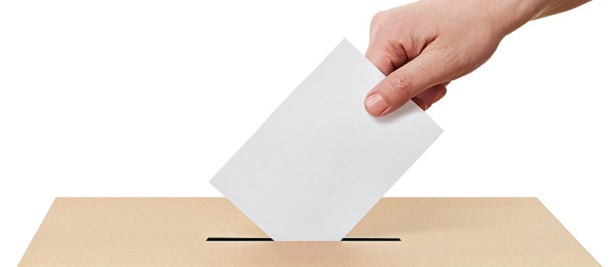There’s an elephant in the room, and we all know what it is.
Many things happened in September 2014, but the biggest event in the UK has to be the Scottish Independence Referendum, or the “indyref” as it became known on Twitter and beyond.
While campaigning in Scotland unofficially began in March last year, when the date of the referendum was announced, the rest of the UK (conveniently shorted to “rUK”) did not seem to pay too much attention until the last Sunday of August. That was the day the Sunday Times published a poll showing Yes voters with a slight lead on No voters: 51% to 49% once the Undecideds were excluded. Until then, No had never been behind in the polls.
While this would prove to be only one of two polls showing a Yes majority, the fact that Yes had pulled neck-and-neck with No – which had once enjoyed a 22-point lead – prompted the leaders of the three main UK political parties, and the people of the UK as a whole, to turn their attention North and fight hard to keep Scotland in the United Kingdom.
Very quickly we all became familiar with terms like “devo max”, the devolution of the maximum amount of powers to (in this case) the Scottish Parliament. This was originally what most people in Scotland wanted. A related phrase is “full fiscal autonomy”, because devo max ought to have devolved all fiscal and economic policy areas to Scotland, leaving only defence and foreign policy reserved for the UK parliament. A devo max Scotland would have been able to raise and spend all its own tax revenue, effectively ending things like the “block grant” and the “Barnett formula” (by which the UK government allocates Scotland a portion of total UK tax revenue according to its population requirements).
The Scottish Government wished to put devo max on the indyref ballot, but the UK government insisted on a simple yes or no question: “Should Scotland be an independent country?”
What shocked rUK after the end of August was that about half of the electorate apparently preferred the uncertainty of an independent Scotland (sometimes shortened to “iScotland”) if they were not permitted to choose devo max.
Of course in the end the No campaign won by 55% to 45%. But the percentage of people who voted Yes has now spawned an entirely new “campaign” group: “the 45”, with its own hashtag #the45. So far, members of “the 45” say they will continue to “fight” for Scottish Independence, though to be sure they do not represent all Yes voters, most of whom have accepted the democratic outcome of the referendum.
One thing’s for sure: we won’t see another month like this for many, many years (if ever).
Robert Groves, Editor, Collins Dictionary



